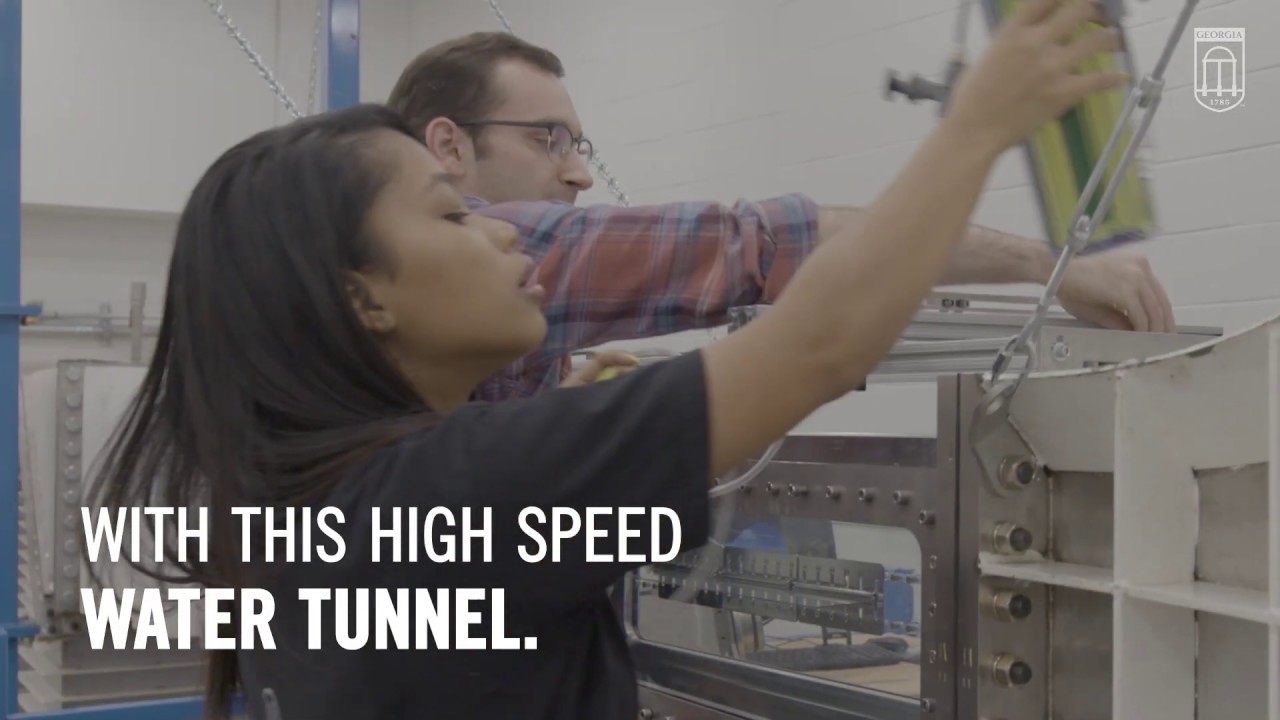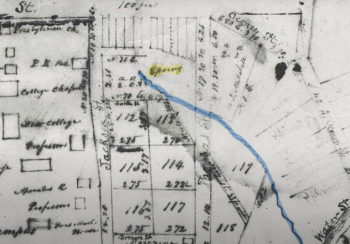Thanks in part to support from the U.S. Department of Commerce, the University of Georgia will create a New Materials Innovation Center, which will fulfill the local and regional need for a large-scale testing facility for new materials being developed by entrepreneurs, startups and researchers.
UGA is one of 35 organizations selected from a pool of more than 215 applicants to receive funding through the Economic Development Administration’s Regional Innovation Strategies program. The i6 Challenge award of nearly $500,000 will be matched by UGA to create the new facility.
“The RIS program advances innovation and capacity-building activities in regions across the country by addressing two essential core components that entrepreneurs need to take their ideas to market: programmatic support and access to capital,” said Secretary of Commerce Penny Pritzker.
“The establishment of the New Materials Innovation Center highlights the importance of federal investment in research,” said UGA President Jere W. Morehead. “This center also exemplifies the University of Georgia’s commitment to improving health, security, sustainability and economic vitality. It will strengthen existing partnerships while creating new opportunities for students, faculty, entrepreneurs and industry.”
The NMIC will provide equipment and facilities focused on the design and large-scale testing of new materials, including advanced textiles, plastics and coating technologies.
“UGA already has excellent facilities to test materials at the laboratory scale, but we don’t currently have the equipment and space to perform the larger-scale testing required to move products toward the marketplace,” said Ian Biggs, senior associate director of UGA’s Innovation Gateway startup program and NMIC project leader. “NMIC will help fill these gaps, and in so doing, it will help us forge new relationships with local entrepreneurs and businesses.”
Biggs said he expects high demand for NMIC facilities, equipment and services from both inside and outside the university, which will ultimately make the center self-sustaining by 2020.
“The NMIC will add an important new dimension to the support the University of Georgia already provides to entrepreneurs,” said UGA Vice President for Research David Lee. “In particular, it will allow us to meet the needs of those who wish to push the commercial boundaries in engineering and materials science. It will further boost our continuing efforts to encourage economic development in Georgia by accelerating the creation of new products, businesses and jobs.”
UGA’s Innovation Gateway and Idea Accelerator will provide support to NMIC patrons through their Lean Startup-based curriculum. Centered on a customer discovery process, this program will help patrons learn about marketing and the legal and financial realities of their proposed businesses.
“We want this to be a one-stop shop for materials development and testing, and we will help our customers navigate the business waters, taking their ideas from the design stage all the way to a well-tested product,” Biggs said.
The proposed NMIC received strong support from local, regional and state economic development practitioners, who are enthusiastic about its mission.
“Nurturing and diversifying economic development in our community and the surrounding region is the highest priority for the Athens-Clarke County Economic Development Department” said Ryan Moore, the department’s director, in his letter of support for the center. “We believe the NMIC will have a dynamic impact on business and community development, and we are excited about the potential value NMIC will bring to our local innovation ecosystem and the regional and state economies.”
While Athens-Clarke County already boasts a diverse business mix of Fortune 500 companies and local entrepreneurial startups, it still meets the Economic Development Administration’s criteria for a distressed county experiencing high poverty and unemployment.
The NMIC will address these issues by helping to diversify the local economy, form new startup companies and attract additional industries to the area, Biggs said.
“This area of Georgia offers a variety of state and local incentives to target both new and expanding businesses, including low taxes and a low cost of living,” he said. “When you calculate in the additional purchasing power and employment base of more than 35,000 college students, it makes Northeast Georgia an attractive choice for businesses seeking a location for their operations.”
Biggs and other members of the NMIC team are currently evaluating existing buildings for the center, which will be located on or near UGA’s campus and will provide all the space necessary to house advanced equipment, collaborative meeting rooms, business offices and a lecture hall.






